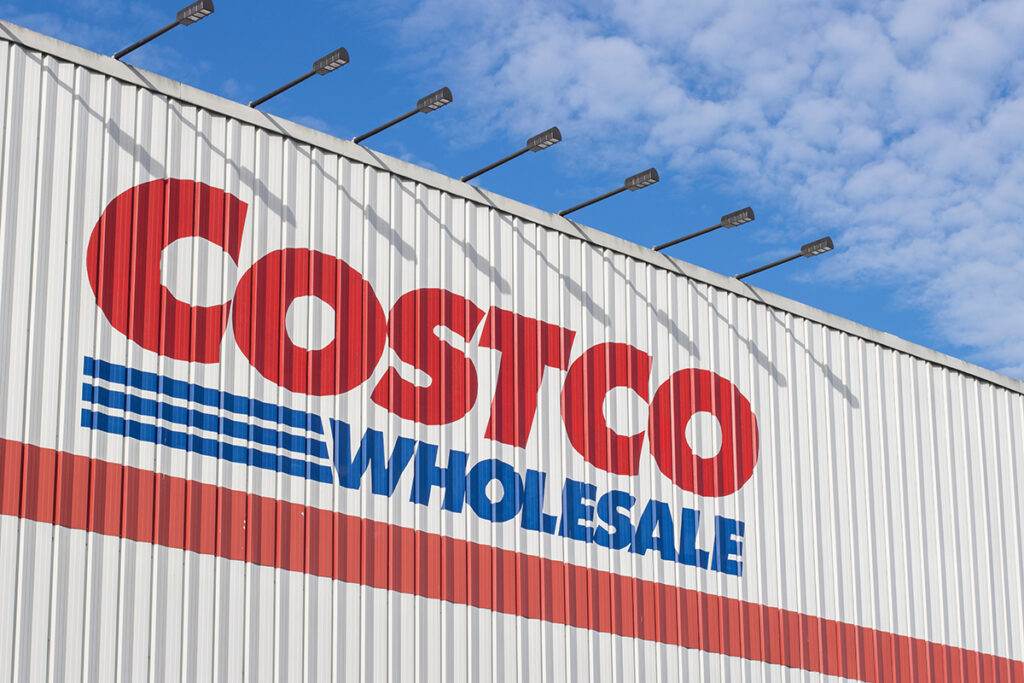Costco shareholders have made a powerful statement by overwhelmingly rejecting a proposal aimed at scrutinizing the risks associated with the company’s diversity, equity, and inclusion (DEI) initiatives. At its recent annual meeting, over 98% of shareholders voted against the resolution, reinforcing their support for corporate DEI programs despite growing political and public scrutiny of such efforts.
The proposal was introduced by the National Center for Public Policy Research, a free-market think tank. The group argued that Costco’s DEI initiatives could expose the company to legal, reputational, and financial risks, potentially affecting shareholder returns. In response, Costco’s board urged shareholders to oppose the measure, stating that producing a report on these risks would not provide meaningful additional information. The resounding rejection suggests a strong alignment between the board and shareholders on the importance of maintaining DEI initiatives.
A Broader Trend in Investor Sentiment
Costco’s vote is part of a broader trend indicating that investors continue to favor corporate DEI efforts. Similar anti-DEI proposals at other U.S. companies garnered less than 2% support on average last year. Despite an increasingly polarized political environment surrounding workplace inclusion policies, shareholder resistance to anti-DEI resolutions has remained consistent.
The Costco vote is considered an important barometer of investor attitudes, especially as corporate DEI programs face mounting pressure. Many companies expanded or strengthened these initiatives in response to the 2020 Black Lives Matter movement, signaling their commitment to addressing social inequities. Yet, critics of DEI have argued that such programs could backfire, creating legal vulnerabilities and reputational risks.
Political Context and Corporate Shifts
The rejection of the Costco proposal comes against a backdrop of political moves aimed at curtailing DEI programs. Former President Donald Trump has called for dismantling DEI policies across federal agencies, government contractors, and the private sector. He has suggested that some companies could face investigations or legal actions if their DEI efforts are deemed discriminatory.
While some corporations, including Meta, Amazon, JPMorgan Chase, and Boeing, have scaled back or restructured their DEI programs in response to these pressures, many shareholders are only now beginning to weigh in on the future of such initiatives. In this context, Costco’s decisive vote underscores the strong support that DEI programs continue to enjoy from investors.
Costco’s Global Workforce
As a membership-only retailer employing over 300,000 people worldwide, including approximately 219,000 in the United States, Costco’s commitment to diversity is a significant part of its corporate identity. The company’s DEI programs are designed to foster an inclusive workplace, benefiting employees and customers alike.
By rejecting the proposal, shareholders have signaled their trust in Costco’s leadership and DEI strategies. This decision suggests that the perceived value of these programs outweighs concerns about potential risks. The outcome also reflects a growing consensus among investors that diversity and inclusion are critical components of modern corporate governance, even as public debate around these issues intensifies.
A Clear Message
The results of the shareholder vote send a clear message: investors remain committed to supporting diversity, equity, and inclusion in the corporate sector. As political and social dynamics shift, Costco’s firm rejection of the anti-DEI proposal marks a pivotal moment in the ongoing discourse on the role of DEI initiatives in business.
With its strong global presence and sizable workforce, Costco’s actions are likely to influence the broader corporate landscape. The company’s shareholders have reinforced the importance of maintaining DEI programs, even amid external challenges, highlighting the enduring value of fostering inclusive workplaces.


